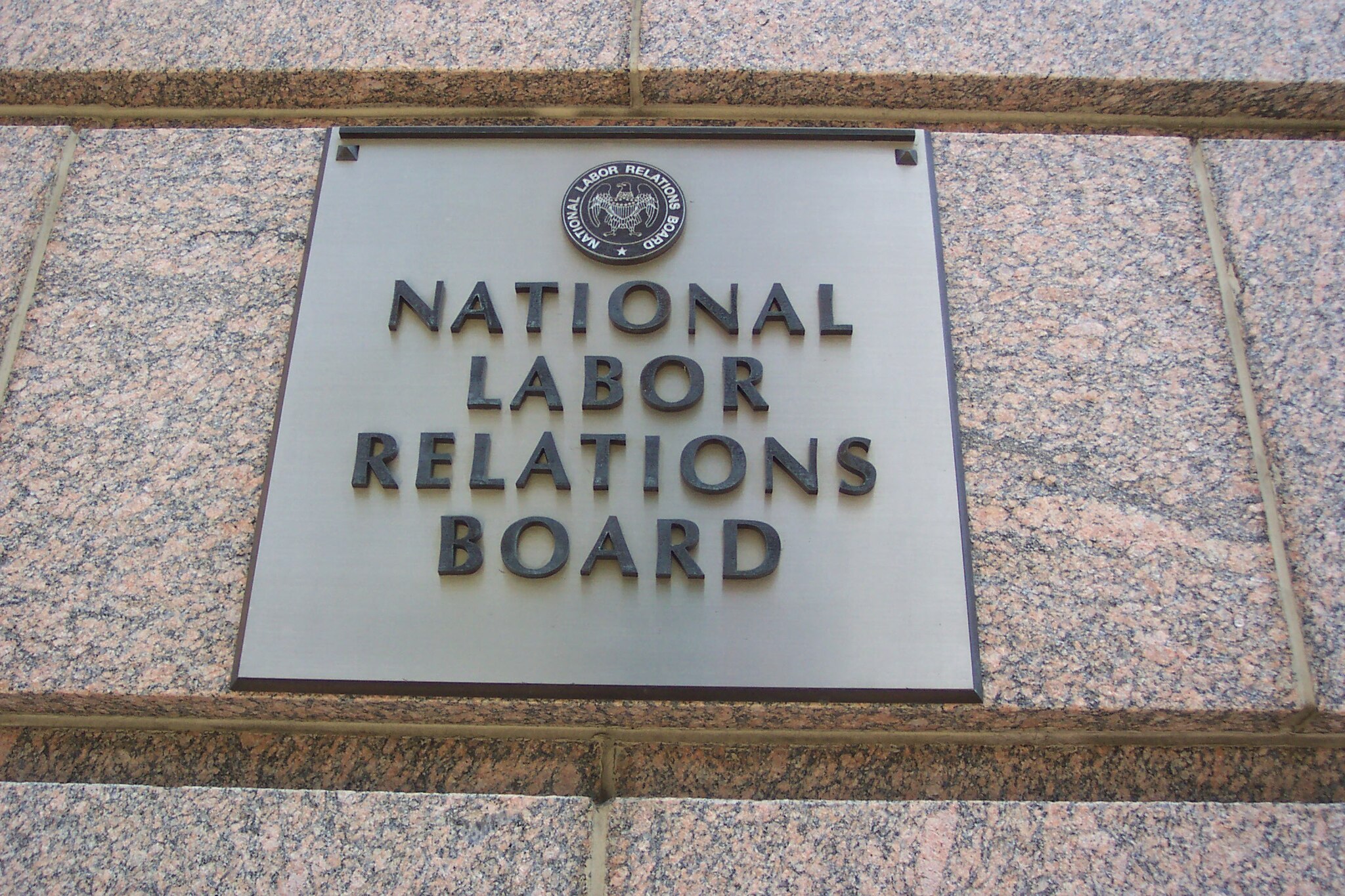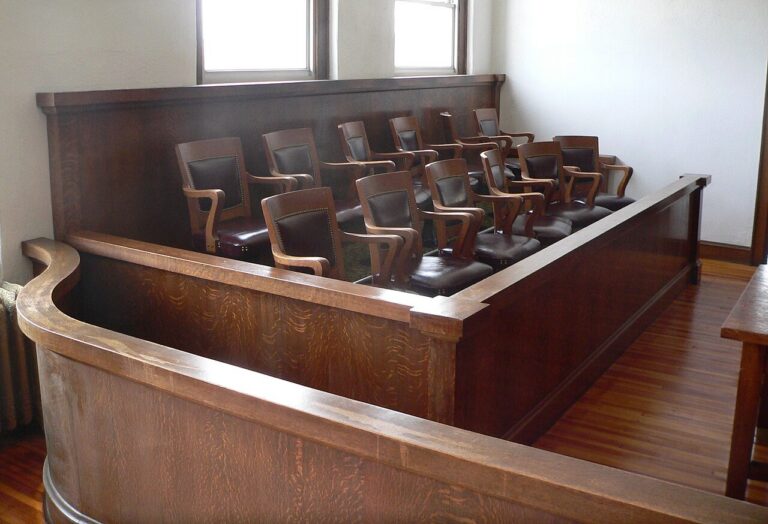
Lauren McFarren served as chair of the NLRB during the Biden administration, from 2021 to 2024. She is a senior fellow at The Century Foundation. The views expressed are her own.

Lynn Rhinehart was general counsel of the AFL-CIO until July 2018. She is a Senior Fellow at the Economic Policy Institute. The views expressed are her own.
This post was initially published on the Economic Policy Institute’s Working Economics Blog.
With the Trump administration implementing a blizzard of anti-worker initiatives on a near-daily basis, it’s difficult to imagine that these early assaults could be only the tip of the iceberg. But President Trump and billionaire Elon Musk may well have far worse plans to attack U.S. workers and labor relations.
One little-seen proposal from outside the White House has the potential to upend our entire system of labor relations. It comes from the “Coalition for a Democratic Workplace” (CDW)—an anti-union trade association of several hundred employers and employer associations, including the U.S. Chamber of Commerce and National Association of Manufacturers. The coalition sent a letter to Attorney General Pam Bondi asking her to repudiate and invalidate more than a dozen major decisions issued by the National Labor Relations Board (NLRB) during the Biden administration, and to instruct all NLRB appointees and employees that they cannot treat these properly issued decisions as governing law.
The decisions in question address important issues like which workers have the right to form and join a union and what remedies are available to workers who are illegally fired in retaliation for exercising their rights in the workplace. Like all decisions issued by the NLRB—a multi-member body that acts as a court to adjudicate labor disputes—they were issued after full briefing and consideration of the issues and are treated as precedent governing subsequent cases.
Ordinarily, the way employers try to get the NLRB to change a decision they disagree with is to challenge the decision on appeal. Many of the decisions identified in the memo have been challenged, and those court proceedings are in progress. Employers also have the ability to argue to the Board in future cases that it should revisit its own precedent. The NLRB would then consider the issue and arguments and decide whether to change its earlier decision. This process comports with the Administrative Procedure Act (APA), which requires agencies to engage in “reasoned decision-making” when deciding cases. In other words, the agency has to explain itself when it changes course—it can’t just declare a new rule.
In what would be a radical—and clearly unlawful—departure from these well-established avenues for appeal, the employer coalition has asked Pam Bondi—who has no background or experience in labor relations—to unilaterally invalidate more than a dozen NLRB decisions with the stroke of a pen. While there is nothing in the National Labor Relations Act or any other federal law giving the attorney general any authority to overturn a NLRB decision, CDW cites President Trump’s executive order on independent agencies as authority for this action. That executive order purports to give the attorney general the authority to impose their own interpretation of any law onto independent agencies like the NLRB.
This dangerous suggestion is clearly unlawful in numerous respects. First, it completely undermines Congress’s directive that the NLRB functions as an independent agency, with labor disputes adjudicated by a panel of experts insulated from political influence. Second, if the agency did comply with this directive and revert to the law as it existed prior to the targeted decisions, any decisions following this earlier law would clearly run afoul of the Administrative Procedure Act, as the agency’s changed course would have no statutory explanation at all—the exact opposite of the “reasoned decision-making” that the APA requires.
Perhaps even more alarming is the damage this would do to our nation’s labor relations in the long term. One of the oft-cited criticisms of the NLRB is that the Board changes course and reverses itself too often, causing instability in the law. While reasonable minds can differ about how often is “too often” to revisit precedent, management and labor alike should be in agreement that abandoning the very concept of precedent altogether would be a huge step in the wrong direction.
Let’s play it out. If this scheme is successful and somehow withstands judicial review (a big if), the Trump administration could immediately undo all significant legal precedents issued by the NLRB during the Biden administration. Indeed, if an attorney general can unilaterally impose their own reading of the law on the agency without restriction, there is nothing to stop Attorney General Bondi from going further and directing the agency to abandon far longer-standing precedents with which she disagrees. Literally any aspect of labor law that has not been explicitly endorsed by the federal courts would be ripe for instantaneous revision at any time. And nothing would stop a future administration from doing the exact same thing—instantaneously revising all of labor law in a pro-worker direction and overturning any decision that favored management. Labor law would become so unpredictable and changeable as to be effectively useless. Workers and employers would bring cases before the NLRB at their peril—under the CDW’s view of things, any favorable ruling could be immediately erased by the attorney general.
Unfortunately, the lessons of history demonstrate all too well the danger to workers, employers, and the economy that can result—such as labor unrest and economic disruption—when there is no neutral entity that people can turn to in resolving disputes.
One would hope that is not the goal of any of the businesses and trade associations that comprise the CDW. Any reasonable employer should take prompt action to denounce this radical agenda and ensure it dies a quick and well-deserved death.










Daily News & Commentary
Start your day with our roundup of the latest labor developments. See all
February 19
Union membership increases slightly; Washington farmworker bill fails to make it out of committee; and unions in Argentina are on strike protesting President Milei’s labor reform bill.
February 18
A ruling against forced labor in CO prisons; business coalition lacks standing to challenge captive audience ban; labor unions to participate in rent strike in MN
February 17
San Francisco teachers’ strike ends; EEOC releases new guidance on telework; NFL must litigate discrimination and retaliation claims.
February 16
BLS releases jobs data; ILO hosts conference on child labor.
February 15
The Office of Personnel Management directs federal agencies to terminate their collective bargaining agreements, and Indian farmworkers engage in a one-day strike to protest a trade deal with the United States.
February 13
Sex workers in Nevada fight to become the nation’s first to unionize; industry groups push NLRB to establish a more business-friendly test for independent contractor status; and UFCW launches an anti-AI price setting in grocery store campaign.